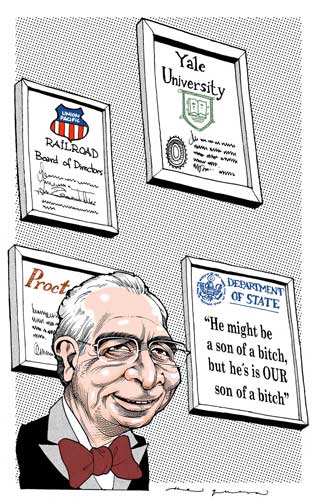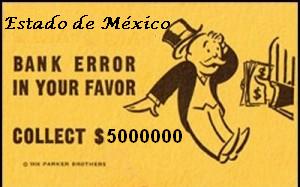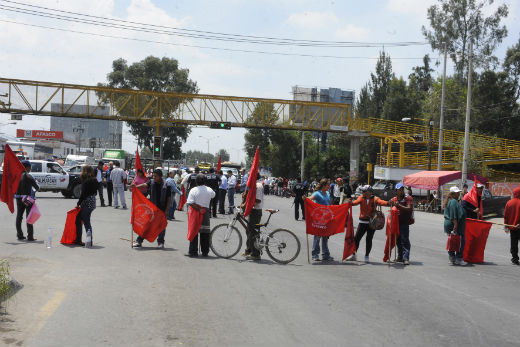
Le blog El 5antuario a alerté, ce 14 septembre 2012, sur sa propre page de la disparition de son fondateur connu sous le nom de Ruy Salgado ou “El 5anto”.
“La possibilité d’une disparition volontaire le dispute
pour l’instant à celle d’un enlèvement, voire pire. Le temps passe et la
semaine écoulée alimente légitimement l’inquiétude. Dans l’hypothèse la
plus optimiste, Ruy Salgado ne serait pas le seul à avoir choisi le
silence temporaire, de plus en plus de journalistes mexicains se portant
candidats à l’exil, de leur région ou du pays. L’affaiblissement d’El 5antuario constitue un nouveau revers pour la libre circulation de l’information, déjà malmenée
dans le contexte postélectoral. Tous les moyens doivent être engagés
pour localiser Ruy Salgado ou du moins lui permettre de reprendre ses
activités en toute sécurité”, a déclaré Reporters sans frontières.
Ruy Salgado est introuvable depuis le 8 septembre
dernier. Il devait assister, le lendemain, sur la place centrale du
Zócalo à Mexico, au discours du candidat de gauche à la présidentielle
Andrés Manuel López Obrador annonçant son départ du Parti de la
Révolution démocratique (PRD) pour le Mouvement de régénération
nationale (MORENA). Les soutiens et contributeurs d’El 5antuario
tiendront Ruy Salgado pour “disparu” s’il ne réapparaît pas dans les
quarante-huit prochaines heures. Le site fournira alors toutes les
informations utiles à une enquête judiciaire.
Très engagé dans la couverture du processus électoral controversé du 1er juillet dernier, El 5antuario
s’est fait une spécialité de dénoncer la corruption à l’œuvre au sein
des institutions. Certains collaborateurs du site sont eux-mêmes témoins
du phénomène, dans le cadre de l’emploi public qu’ils occupent. Par
souci de sécurité, les collaborateurs d’El 5antuario sont
anonymes : ils utilisent un faux nom, ne se connaissent pas
personnellement, et apparaissent dans leur vidéo dissimulés sous un
masque de “lucha libre” (catch). Ces précautions n’ont pas empêché Ruy
Salgado et son blog de faire l’objet de graves menaces ces derniers
mois, comme il l’a lui-même signalé :
Mécanisme bloqué
Le jour même de la disparition de Ruy Salgado, une
vingtaine d’ONG engagées dans la défense de la liberté d’expression -
parmi lesquelles Article 19 et AMARC (Association mondiale des
radiodiffuseurs communautaires) -, ont dénoncé le processus
d’élaboration du Mécanisme fédéral de protection des défenseurs des droits de l’homme et des journalistes. Ce mécanisme est imposé par la réforme constitutionnelle fédéralisant les atteintes à la liberté d’informer désormais promulguée.
Les ONG dénoncent un manque de transparence dans la
sélection des organisations consultées et demandent à ce que le choix
soit soumis à un examen public. D’après elles, le gouvernement n’a rien
précisé des critères de recrutement ni des compétences d’organisations
appelées à siéger au sein du Conseil consultatif dédié à ce nouveau
mécanisme. La coordinatrice exécutive du Mécanisme, Omeheira Lopez
Reyna, a refusé d’admettre une erreur de méthodologie mais s’est dite
prête, devant Reporters sans frontières, à rouvrir les pourparlers sur
la composition du Conseil. Notre organisation soutient l’exigence de
transparence manifestée par d’autres.
Source: Reporters Without Borders









